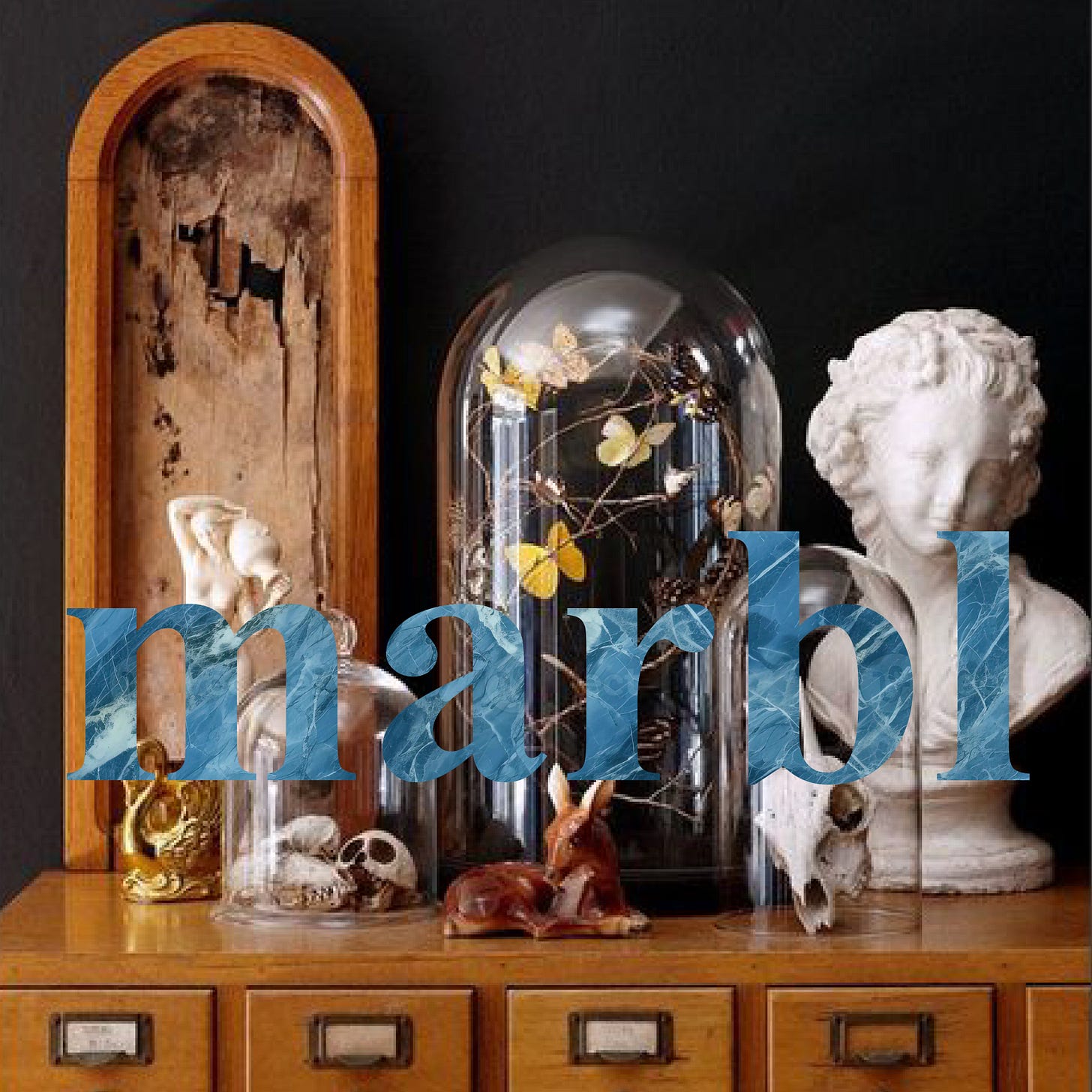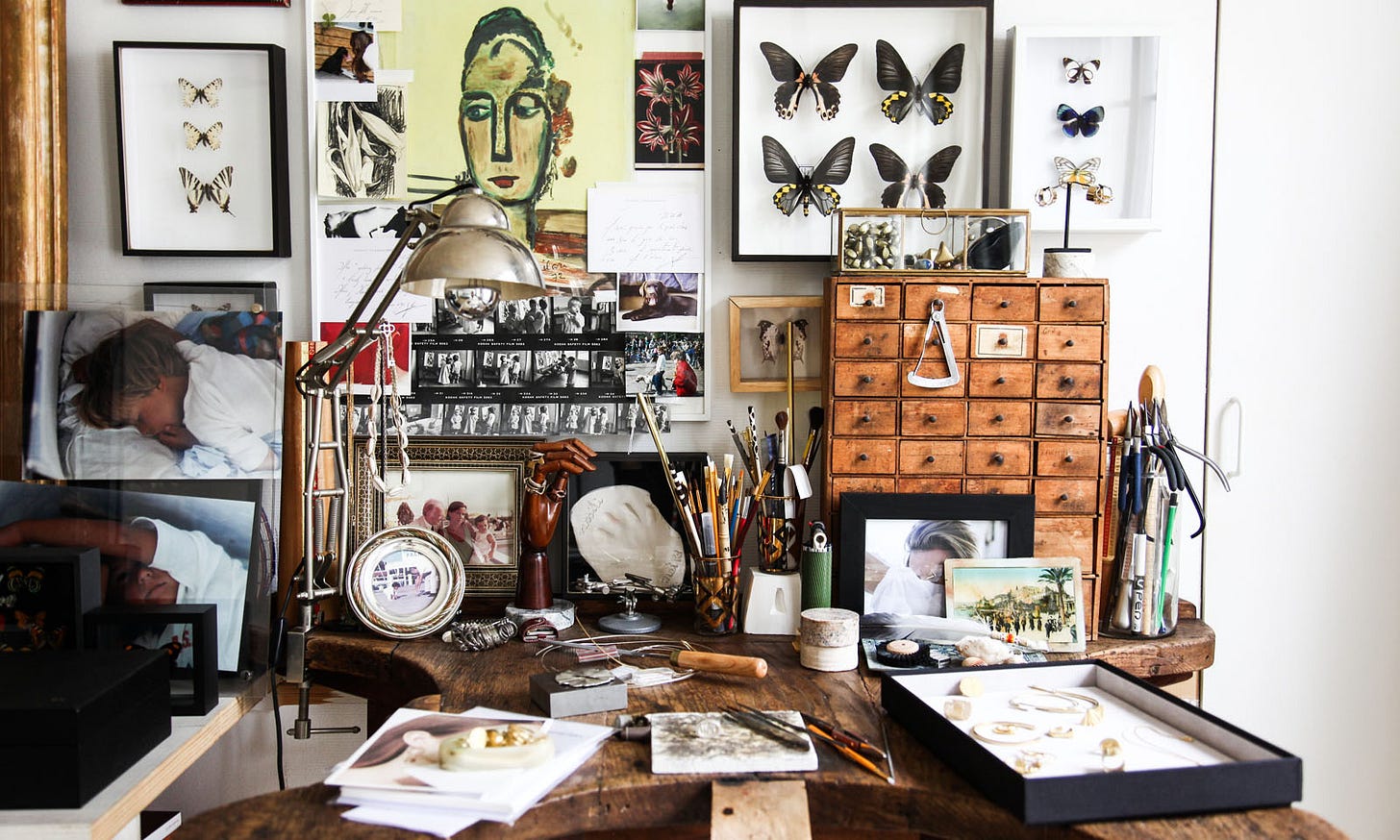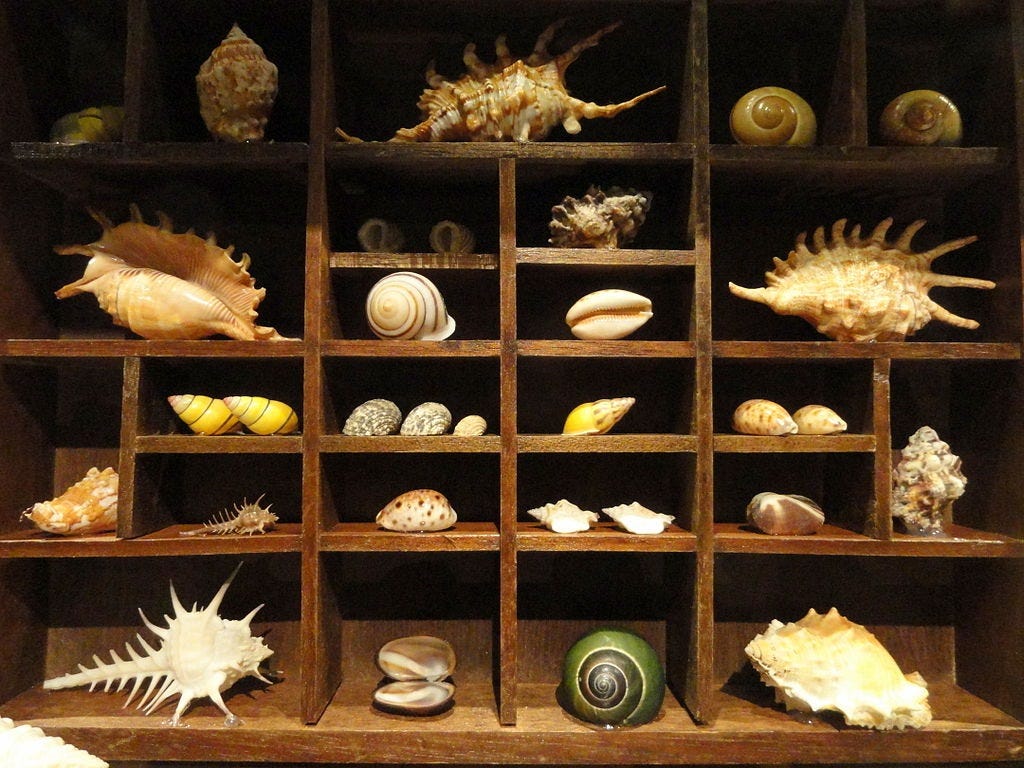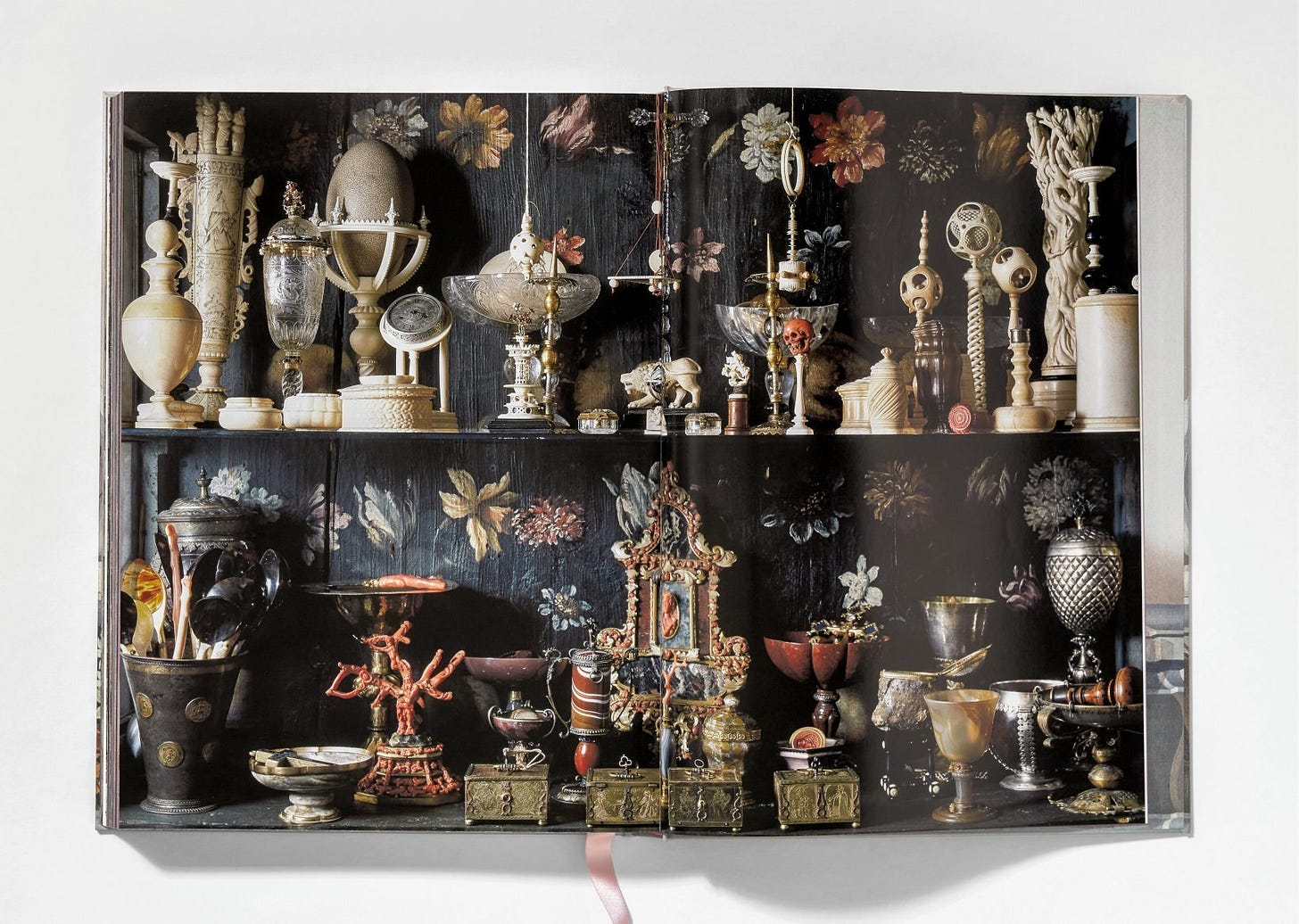Moving Out
The Archeology of Heart or Emotional Thinguistics
I felt a need to write this down. But it's difficult to decide who the right audience is. Is this a poem, a journal entry, a blog post? I generally don’t try to refine a journal entry into a discrete statement, but that process feels valuable here.
This post is about moving out. About defining all the objects which are yours, digging them out of your living space one by one, and in the light of day, transporting them to some place new. I wrote the first part of this thought last August when I moved out of my last place after a break-up:
Moving out: the inner work of moving, of rummaging through objects saturated in memories, attending to each silent witness of a shared life, ensouled by a home-ness and becoming hyper-object of intimate contact.
Moving them is like overturning a log to reveal a long dark habitat underneath. Staring for once in stark light at the mold, worms and salamanders—all the crawling fears, angers, lacks, moving unnoticed through the humus of a relationship’s ecology.
Moving, now they disperse in the light, & you look upon them from above, instead of creeping their channels at night. It is just one way to let go. None of this is punishment, it is agreement to what is, a loving curiosity to truly see what was created, in sickness and in health.
This post is about the psychological impact of shared spaces and shared objects. The value of possessions beyond their possess-ability, which lies in the realm of their own possessive capacity; the ways they take in parts of us and the air between us.
I’m having dreams of [his] and mine’s ‘house’. This makes sense, to live with another you build psychological/energetic/relational structures between yourselves, and you live in them insofar as you live through them. Patterns of behavior and identity, cohesive like a roof under which you hide from angry skies. Although you can break up in a declarative sense, those structures and patterns will die-hard. Breaking up requires a process and finally a new habitus.
It makes sense also that there would be representations of this structural complex, portrayed in my dreams as a house, more specifically, ‘our house’. The metaphor seems perfectly suitable to their forms, atmospheres, and level of familiarity.
I have written about the possessive capacity of objects before, in On Memory. Where I explored the subjective experience I have with memory and recall. The way remembering feels more like a form of soul-recall, a calling home of all the little parts of my attention that I've let fall into my surroundings. Where, to remember, is then better conceived as to commune with the part of myself I let live outside myself in the world: like the notes I leave in books.
I'm hoping, in elaborating on what it felt like to decide what was mine, what was his, to clean things of old residues, and pack them up or to abandon them to the past, I can stumble upon a practical meditative tool for closure. Working with these types of exterior intensities—pregnant physical objects, touching them, moving them, cleaning them, re-placing them, dislocating once paired objects (tea cup sets, geode halves) and letting some fall outside the imaginary and protected boundary of what I own and what I do not—has really helped move my grief and peace forward. I think all the cleaning, the arranging, the weird little smells and touch, moves the corresponding inner parts of us which these things hold. Motioning us towards the needed transformation of the relationship’s own breakup, and the peace of acceptance within a deep or prolonged letting go.
Sartre said, “Hell is other people.” Maybe this is true, but Heaven is also other people; more often than not they are bound to be the same person.
I think this medicinal potential exists because metaphors are physical. Metaphors are felt; therefore they remain complex and irreducible. And the metaphor of an object to the otherwise invisible bond of a relationship, conveys well the physical-emotional intricacies that complexify the nature of bonding. Better than reducing these down to a shitty little story, that we are forced to tell and retell to all our friends, until it is fully entrenched in a simple intelligibility that can’t be other than a bad lie.
But objects, especially objects that have seen too much, remain honest through twisting thoughts. Feelings, as intensive states, time-bound inner phenomena, that cannot be seen, heard, touched, even as they touch you, are singular and unique, hard to recapture without the simultaneities of space. Objects, on the other hand, persist and we relate to them as they have witnessed us; enduring, ordered and ordering, representing through familiarity certain states of the lives they furnish. We can hold objects in an unreduced silence, and re-know the differences between then and now. It is really a shame that we produce objects that can't last, or throw them out with trends. Because forgetting isn’t intelligent until it bares a meaningful relationship to remembrance.
Archeology: “The study of human activity through the excavation and analysis of material culture.”
The biggest lesson for me—Which was reflected in the memories that came up through the move and re-ordering—was vitality’s need for change or growth. Like death, none of this is a punishment. It hurts, yes. But it is a gift of pain, not a retributive or causally resultant outcome, not a tax. Breakup is not necessarily a break, nor a failure. It is not justice. It is a change. and concrete objects seemed to understand this better than silly stories.
There were states and fixations that had a hold on me in the old order of things, held in place by dark sympathies and patterns. And through seeing them in things I could pick them up, look at them closely without my inner world tilting with them. I could hold the tenderest of my love in carved tokens, appreciate them as the sweetest gifts of a brief human life, and bid them thanks and farewell. It was a clear-sight I felt I hadn’t had in ages. Likewise I could see the smallness of my hatreds, staring from above into weird little junk-drawers that we never know what to do with, and in humility and the mercy of higher power, just dump them out.
How do you transmute anger? let it go.
“These puny anonymous creatures of dark and damp
Who eat simply to live, with no more sense of mission
Then nature feels in providing for our survival.”
- Carl denis







"None of this is punishment, it is agreement to what is, a loving curiosity to truly see what was created, in sickness and in health."
great perspective... refusing to believe that difficult stuff is punishment is the load less traveled. good for you.
Such a beautifully written and deeply moving piece (pun intended). I feel honored to hear from your own poignant experience with cleaning and can resonate so much with the needed catharsis in changing and reordering our physical spaces as it relates to our inner life and it’s cultivation. Thank you for writing and sharing 🙏🏼